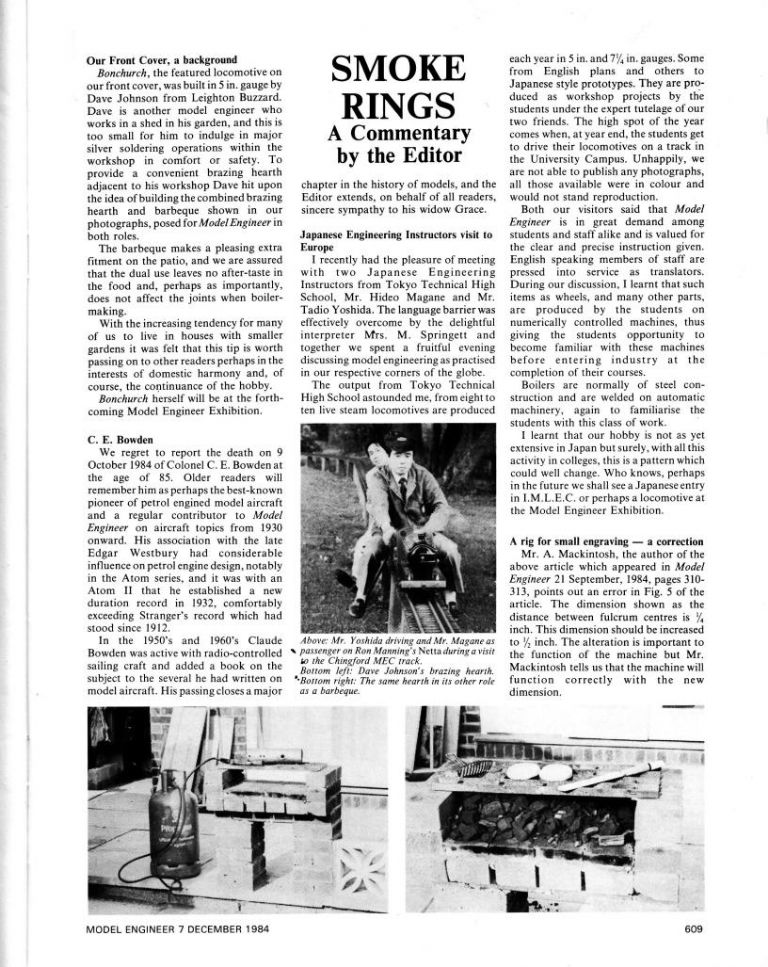Letter to"The Motor" from March 1960 – excuse what are clearly scanning errors. The reference to 'planes I had flown', presumably before he had the car in 1920-21 and his age suggest he must have been in at the end of the RFC or beginning of the RAF:
The article on the AN. Monocar revived pleasant memories of this delightfully simple but effective lit Ile machine for its day. I had two Of them, one in England and then one in India, for they had a fascination for me. perhaps because they were reminiscent of the exeiting titiy.s of the early aeroplanes I had flown, with their wire-andbobbin control, narrow streamlined plywood " fuselage," and aircraft-type cockpit behind a genuine .aero-screen. It would even be fun to have one today if it could be found !
Although a poor photograph by modern standards, the accompanying picture shows the salient features of the machine rather well, and was taken immediately after I had set up the fastest time of the day for the flying mile for four-wheelers, during a winter speed event On the Plains of India around 1020-21. Steering this narrow cigar with flimsy tyres was reasonably simple at normal road speeds, but at full throttle was quite exciting. I recall that girl friends were perched half OR a small space immediately behind the driver and half on the near-side rear mudguard, with a cushion between girl and the machine's irregularities, and with the feet resting in comparative cleanliness On the running-board. One must remember that those were the days when "walking out " was usually carried out on the spartan carrier of a rigid-framed big-twin Zenith Gradua, and the luxury of an A.V. Monocar was something of an allurement.
One night, as a young subaltern, I was dining with my Colonel at Rawalpindi, and I secured the task of taking his charming daughter to the Club dance on the aforementioned seat of my glamorous Monocar. Half way there, the journey was brought to an abrupt end when the semi-exposed chain from the rear-mounted air-eooled big vee-twin J.A.P. engine somehow collected my delightful passenger's billowy and flimsy dance frock between sprocket and chain. In a trice the dress was wound off the Colonel's daughter, and I had the difficult task of returning her to her amazed parent unclad. Fortunately those were the days when the Army was just getting down to serious mechanisation, and its potentialities were being received with more understanding. I am, Yours, etc.,
Bournetnouth. C. E. BowDEN (Lt.-Colonel. Rid.).
 Roderick Jenkins.
Roderick Jenkins.






